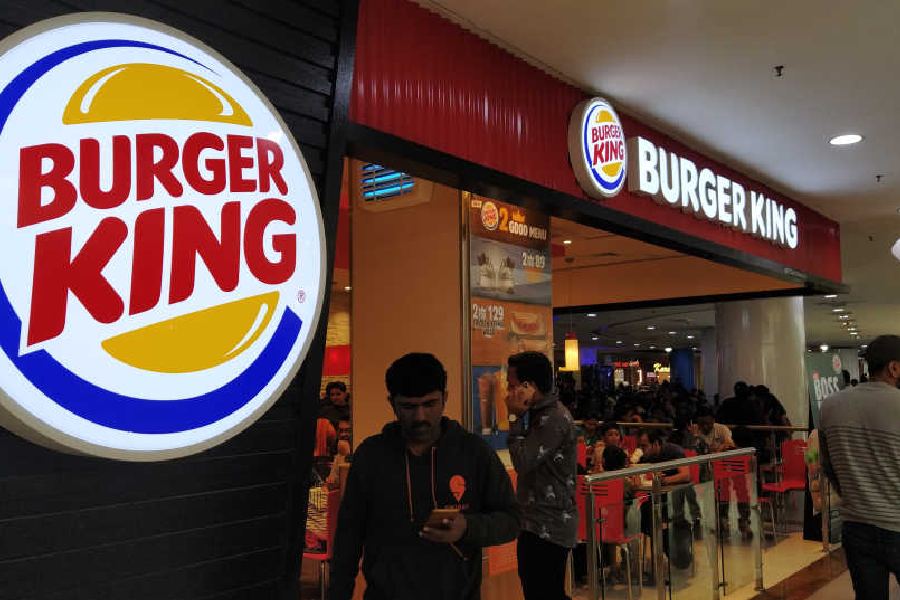US giant Burger King Corporation has lost a 13-year-old legal battle against its namesake eatery in Maharashtra's Pune after a district court here dismissed a suit filed by the company alleging trademark infringement.
Pune district judge Sunil Vedpathak, in the order on August 16, said the city-based eatery 'Burger King' was operating even before the US burger joint opened shop in India and that the latter failed to prove the local food outlet had infringed its trademark.
The court dismissed the 2011 suit filed by the Burger King Corporation, seeking a permanent injunction restraining infringement of trademark, passing off (the trademark as theirs), as well as monetary damages.
The suit, filed against Anahita Irani and Shapoor Irani, owners of the Pune-based Burger King food joint, also sought Rs 20 lakh as damages.
On the plaintiff company's demand for permanent injunction, the court said the Burger King Corporation started to provide services through restaurants under its trademark Burger King in India particularly in the year 2014, whereas the city-based eatery was using the trademark 'Burger King' to provide restaurant services since 1991-92.
"Defendants have been using the trade name for their restaurant since about 1992. The pleadings put forth by the plaintiff are totally silent about how customers have been confused due to use of trade mark Burger King by defendants to their restaurant," it said.
The court said the Burger King Corporation has "miserably failed" to prove that the eatery here had infringed its trademark Burger King while running the restaurant in Pune.
Since there was absolutely no evidence regarding proof of infringement of the plaintiff company's trademark and actual damage caused to it, the company was not entitled for any damages, it said.
"Thus, in the absence of cogent evidence, I find that the plaintiff is not entitled for damages, rendition of accounts and the relief of perpetual injunction," the order said.
The plaintiff's first Indian BURGER KING restaurant was opened in New Delhi on November 9, 2014, the court said.
The plaintiff company was founded in 1954 and manages and operates a worldwide chain of 13,000 fast food restaurants in more than 100 countries and US territories worldwide.
The first BURGER KING franchised restaurant in Asia was opened in 1982 and there are currently more than 1,200 of these restaurants in Asia, the suit claimed.
The company has been using the trademark 'Burger King' since 1954 and it is known globally, the suit said.
The company said the high quality of its products and services offered by its fast food restaurants has made the mark BURGER KING gain tremendous reputation and goodwill.
Thus any adoption or use of an identical mark or a deceptively similar mark by any trader would be dishonest, malafide and would cause the company huge loss, damage and harm to its goodwill and business and reputation due to unlawful acts of the defendants which are unquantifiable and irreparable.
The Iranis opposed the suit, saying it was filed with malafide intentions and to discourage business people who are bonafide users and retailers.
They said apart from the name Burger King, there was absolutely no similarity in the plaintiff's trademark and their own shop name.
The Iranis further alleged that since the suit was filed, they have been received harassing and intimidating calls.
They sought Rs 20 lakh compensation from the US company for the mental pain and agony they have gone through.
The court, however, refused any monetary relief to them too, noting that apart from oral evidence, no other proof was submitted to substantiate their claims.
Except for the headline, this story has not been edited by The Telegraph Online staff and has been published from a syndicated feed.











